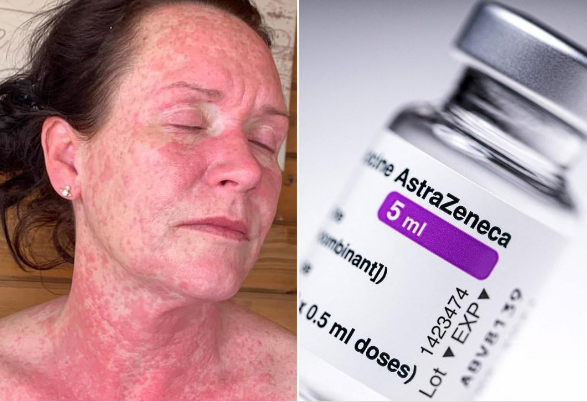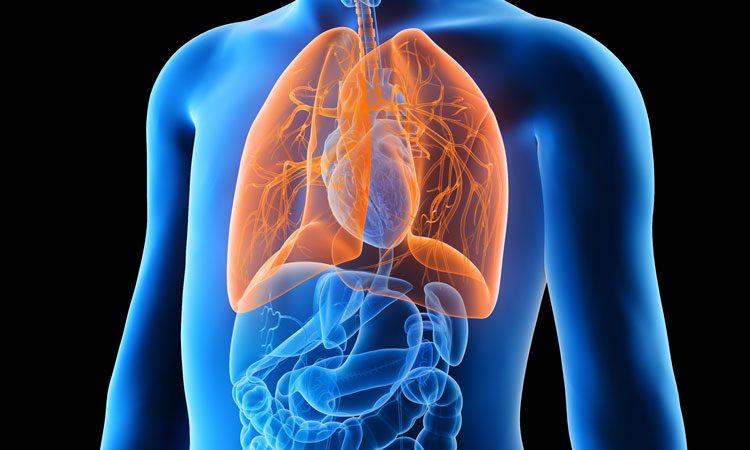@Nicole Harris & Avery Hurt
You can’t always tell if your child has a fever by feeling his forehead or body. Here are the most common signs of fever in babies, toddlers, and children.
Even though fevers can be scary, a high body temperature isn’t an illness. Fevers are usually just a sign that your child’s immune system is fighting off a bacterial or viral infection, says Lana Gagin, M.D., MPH, FAAP at Spectrum Health Helen DeVos Children’s Hospital. Most illness-causing germs thrive at a person’s core body temperature (98.6 F), so when the immune system detects an infection, it respon
But while fevers usually signal a cold or flu, they may also point to strep throat, ear infection, or urinary tract infections. What’s more, vaccines can cause a temporary fever up to 48 hours after immunization, which is completely normal and safe, says Anne Tran, M.D., a pediatric hospitalist at Kaiser Permanente in Hawaii. “And less commonly, recurring fevers can indicate a more serious issue such as an autoimmune disorder, brain disorder, or certain types of cancer—but these are rare exceptions,” she says.
Given the wide range of potential fever causes, it’s important to recognize telltale signs and symptoms. Here’s how to tell if your child has a fever, with advice on when to visit the doctor.
Common Fever Symptoms:
Elevated body temperature is the easiest way to detect a fever. In children less than three years old, the best way to take temperature is with a rectal thermometer, which gives the highest accuracy. You can use oral thermometers for older children. “Fever is a rectal temperature of over 100.4 degrees Fahrenheit,” says Dr. Gagin. “If taken by mouth, any temperature above 100 degrees Fahrenheit is considered a fever.”
A child with a fever will probably act differently, too. In fact, how your child acts and feels is usually a better indicator of how sick she is. A child with a high fever may or may not be less sick than a child with a low-grade fever.
Besides elevated body temperature, signs of fever in babies include:
- Acting more sleepy than normal
- Fussiness
- Having a poor appetite
Signs of fever in children include:
- Expression of “discomfort or pain, such as body aches or other symptoms of illness,” says Dr. Tran
- Lethargy and sleepiness
- Lack of appetite
- Acting strange in any way
About four percent of children under age 5 have fever-induced seizures (febrile seizures), which are often caused by a sudden spike in body temperature. These signs of high fever might seem scary—your child may lose consciousness, shake, or stiffen—but they’re usually harmless. Most febrile seizures end in a minute or two, though some last just a few seconds or for more than 10 minutes.
If your feverish child starts convulsing, place her on a soft surface and roll her onto her side so she won’t choke. Never put anything in her mouth or try to hold her down. When the seizure ends, call your pediatrician—if this is the first time it’s happened, she needs to be evaluated right away. “Once your child has been diagnosed with febrile seizures, you can relax a bit if it happens again—as long as you know why she has a fever,” says Ari Brown, M.D., a Parents advisor and author of Baby 411.
When To Call The Doctor:
Call the doctor if your if you have a feverish baby under 3 months old (temperature exceeding 100.4F), no matter what her symptoms are. Infants that young are more susceptible to certain types of infections like bacterial meningitis and pneumonia, so your pediatrician needs to rule out serious illnesses right away, says Dr. Tran.
If your child is between 3 months and 6 months of age, head to the doctor if his temperature exceeds 101F. For those older than 6 months, you can wait until her temperature reaches 103F—unless she has other worrisome symptoms like lethargy, irritability, sore throat, ear pain, vomiting and/or diarrhea, uncomfortable urination, unexplained rash, stiff neck, or signs of dehydration like infrequent urination and lack of tears. Also visit the pediatrician if your feverish child has a chronic health condition, like asthma or diabetes.
It’s also important not to confuse fever with heat stroke. “Heat-related elevated body temperature is caused by surrounding conditions,” says Dr. Gagin. “In the midst of summer, it’s important to remember to avoid overheating your child, and if you have a baby younger than 6 months, also to avoid direct sun exposure.” If you suspect your child may have been overheated, immediately remove her from the heat source, and call your pediatrician or take her to the emergency room.









